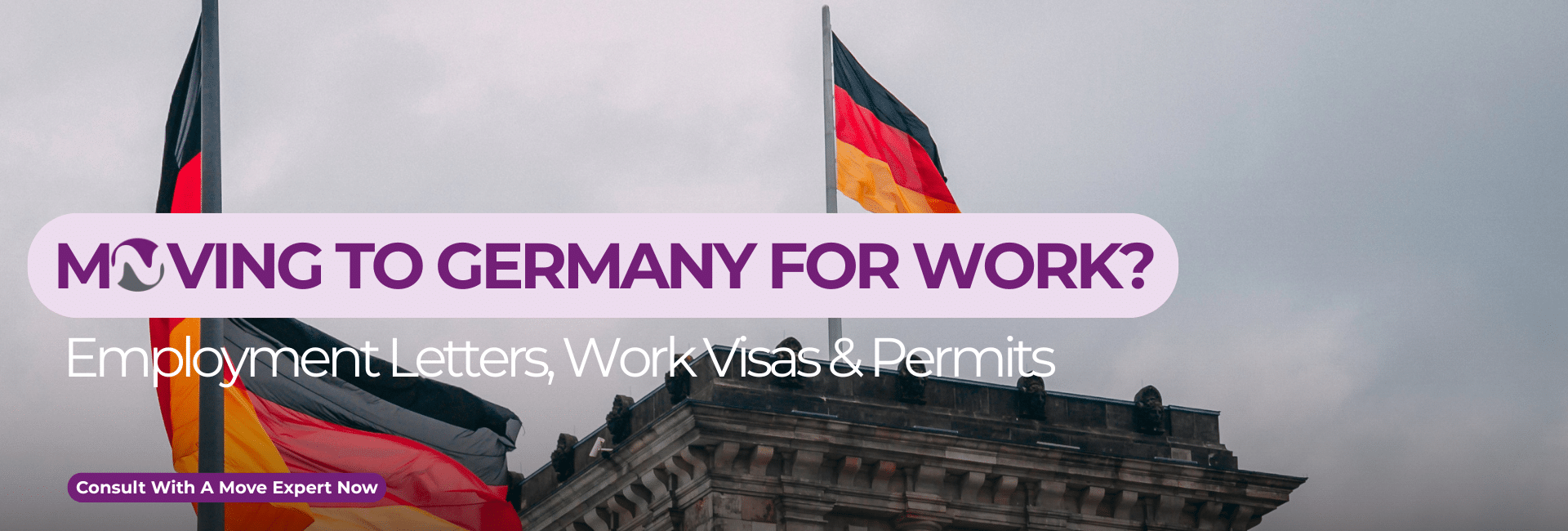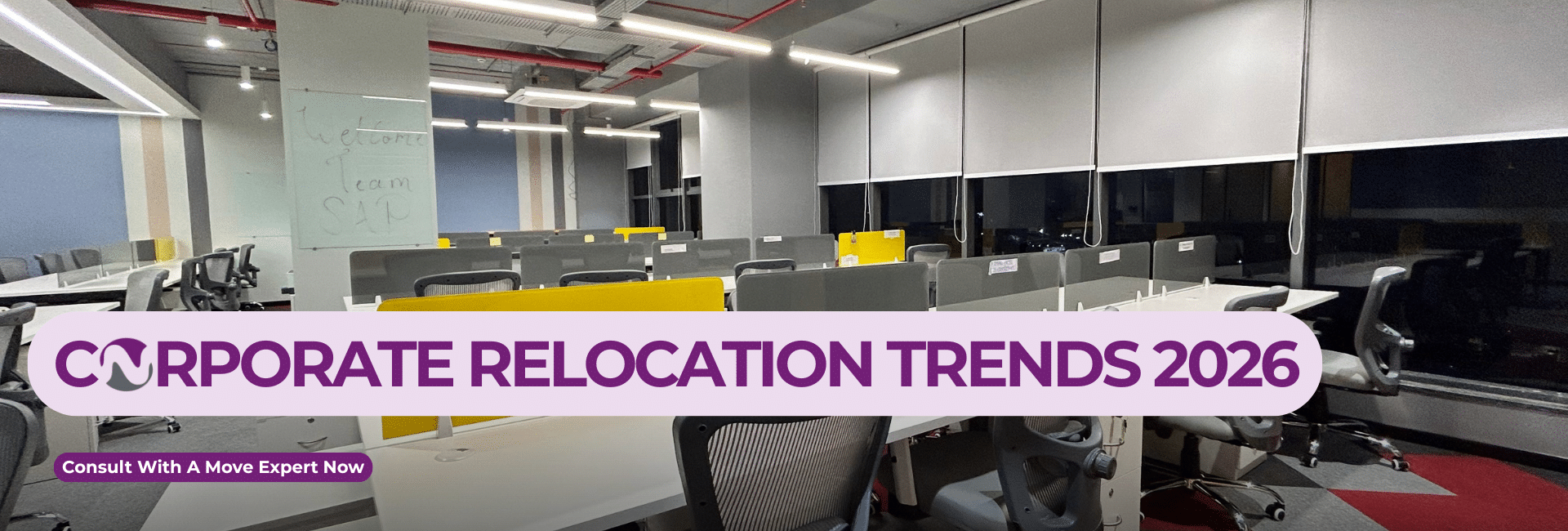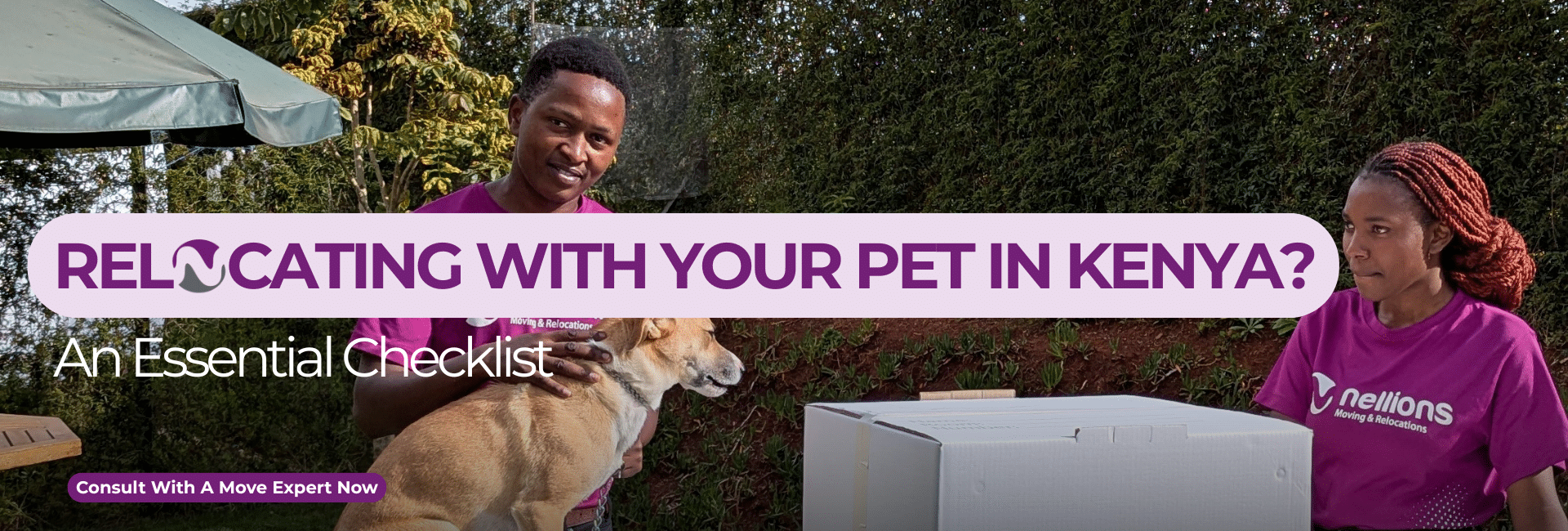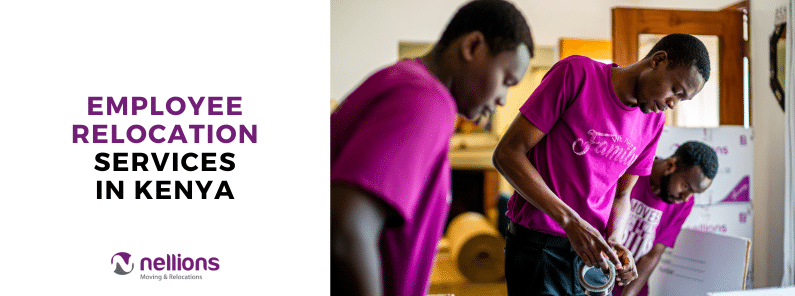The years during and after the 2020 COVID-19 have seen a staggering amount of change in the operations of most companies globally as well as in Kenya. As a result, companies in Kenya and around the world have been spurred to reexamine their local employee relocation trends and policies and assess whether they support the company’s current talent management goals.
Understanding the impact of employee relocation trends will train your moving company toward best practices that align with your corporate culture, objectives, and the modern workforce.
Read on to discover corporate relocation trends we anticipate in 2025;
1. Talent Shortage, Turnover, and Changing Demographics

The scramble for talent may have peaked during the 2020 pandemic, with large numbers of the Baby Boomer generation retiring and college enrolment declining. While the millennials are the largest population group, they lack the necessary academic qualifications and experience, and industries would struggle to find a younger qualified workforce to replace retirees.
This labor gap, caused by demographic challenges, is best bridged by welcoming workers from other countries through business immigration and domestic corporate moving. Due to the shrinking talent pool, employees’ resistance to change, and problematic return-to-office policies for remote workers, companies are forced to be more creative with their hiring strategies and incentives.
More organizations offer attractive employee relocation packages and other mobility benefits as negotiating chips to attract quality talent. Companies must benchmark their programs and incorporate client and employee feedback to ensure their policies and programs reflect their corporate culture, industry norms, and the hands-on process of moving.
2. Increase in Return-to-Office (RTO) Policies
More organizations are projected to return to office to work entirely in person or in a hybrid arrangement by the end of 2025. Corporate relocations from larger cities closer to employees in the residential suburbs can benefit businesses with lower tax rates and reduced turnover and employees with shorter commutes.
Due to evolving RTO policies and contemporary work arrangements, fully remote workers choose to move freely to live in a more affordable area, be closer to friends and family, or have a better work-life balance. More businesses are developing mobility policies to support these voluntary transitions through cash payments or modest furniture relocations.
Companies with hybrid work arrangements require employees to live within a reasonable commute to their designated office. Depending on in-office policies, this could mean relocating or planning for business travel. Some businesses also merged their offices during the pandemic, which required certain workers who previously lived near an office to move to fulfill the in-office requirement.
We can expect to see push and pull between organizations and workers as they navigate post-pandemic RTO policies to find the best solution.
3. Focus on Flexibility and Adaptability
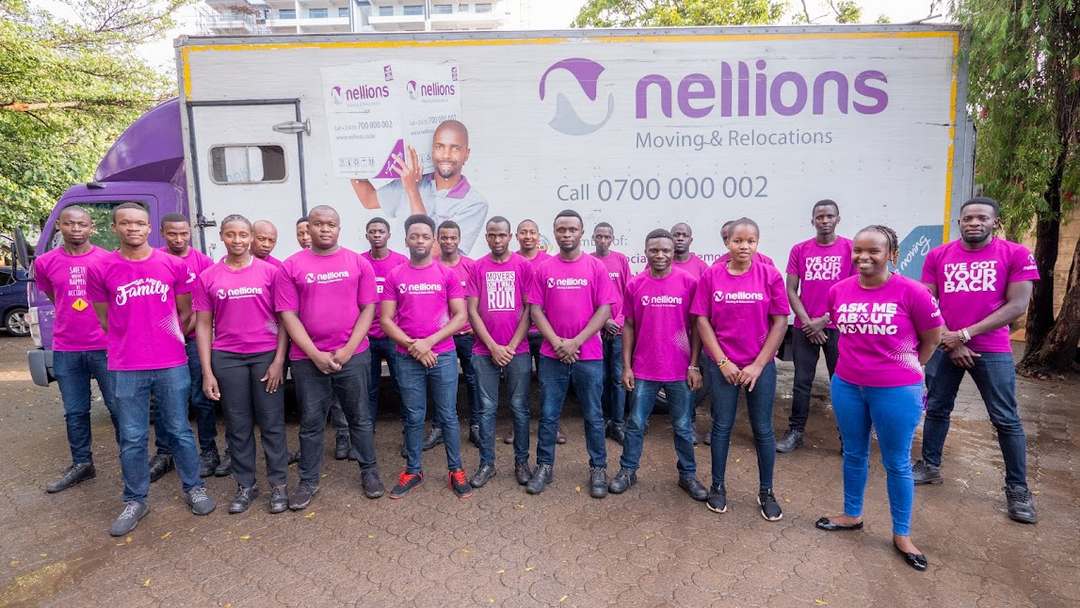
Younger generations – millennials and Gen Z – continuously drive workplace and labor economy changes. Just as they initiated the evolution from Monday to Thursday strict official attire to Casual Fridays, they are leading a similar charge for greater flexibility and adaptability of workplace policies.
This adaptability and flexibility are essential for assisting all staff members and adjusting to changes. Businesses that exhibit flexibility and adaptation enjoy benefits, which include improved employee satisfaction, high productivity, low turnover levels, and best hiring practices.
Corporate relocation policies and initiatives must be flexible and adaptive to satisfy the demands of a diverse workforce. Customized relocation plans and packages should be available for current workers and new hires, a change from the conventional “use it or lose it” benefits.
4. Rising Interest Rates
Rising rent and mortgage interest rates in Kenya typically mean fewer companies relocate to and within Kenya. In response, businesses can improve employee relocation programs to provide better support. This will assist in addressing and easing the fears of workers who intend to make that move in 2024. Employers can achieve this by:
- Providing more information, tools, and support to those buying, selling, or moving houses
- Providing more accommodating moving schedules and support with temporary storage.
- Providing tools so staff members can connect with reputable local real estate agents
Give resources to deal with the issue of rising interest rates.
Giving employees a choice in policy benefits amidst rising economic costs demonstrates a company’s dedication to employee relocation and improves the overall success of the process. Customizable packages that address each employee’s needs are preferable to a generic strategy because they encourage cost control, transparency, and a happy work environment.
Greater Resistance to Employee Relocation Programs
With its rapidly rising costs and short supply, the property market is another deterrent to moving, making it extremely difficult for people to find reasonably priced homes in their desired areas. This problem is made worse by rising mortgage rates since many workers are reluctant to give up their historically cheap mortgage rates. Some present homeowners worry that purchasing a house in the new neighborhood won’t be possible.
More generally, employees are beginning to doubt the need for frequent business relocations due to the rise of remote work and greater flexibility. They may wonder why they can’t work at the new job from where they are now. Furthermore, as usual, Kenyans have strong emotional ties to their families and communities, which poses a significant challenge to employee relocation, strengthening their resolve against relocating.
Given all the obstacles relocation companies encounter today, top talent is unlikely to accept employee relocations. Employers can take additional measures in addition to offering thorough relocation help to encourage employees to relocate, such as:
Offer competitive pay and benefits commensurate with the cost of living at the new location.
- To reduce the stress of moving and encourage work-life balance, consider providing flexible start dates and a hybrid work pattern in the new location.
- Be specific in communicating the staff relocation process, including expectations and timetables.
Employee empowerment and greater control over the situation can be achieved by including them in decision-making.
- To ensure the program satisfies employees’ needs, consider the input provided by relocated staff.
- Modify the program to improve future relocation.
- Diversity, Equity, and Inclusion (DEI) and Environmental, Social, and Governance (ESG) Movements
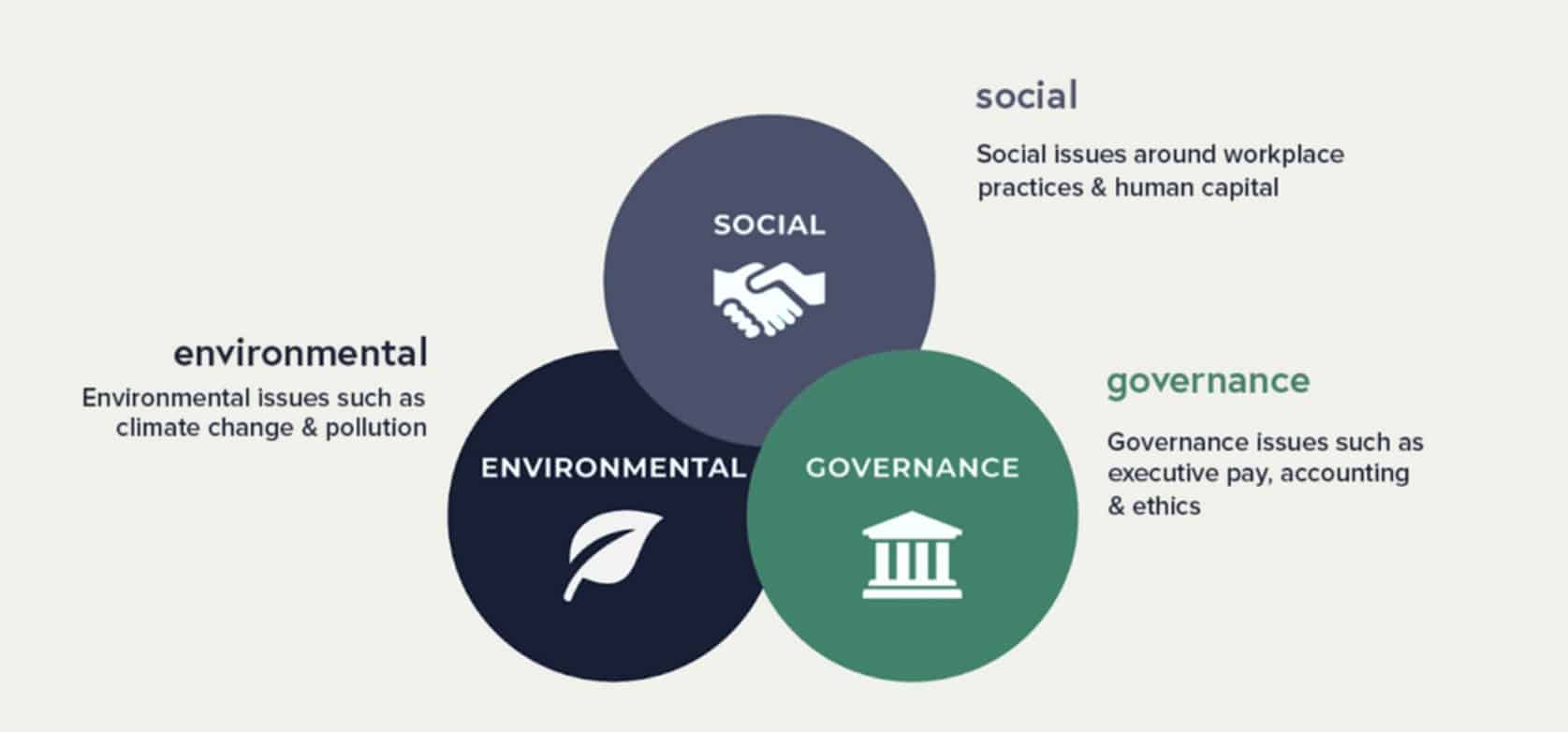
Businesses are tracking, disclosing, and enhancing their ESG/DEI performance, expecting their partners to do the same. In the meantime, prospective and existing workers closely examine how businesses fulfill their ESG/DEI obligations, and they frequently rely on their hiring decisions to determine how well a company values them. Top talent is commonly drawn to and retained by companies committed to ESG/DEI principles, especially within their mobility initiatives.
Initiatives to provide more fuel-efficient shipping in the household goods industry and more stress management support during employee relocation are examples of how ESG/DEI efforts have spurred innovation in the mobility sector. The mobility industry is acknowledging the importance of ESG/DEI aspects more and more to match the expectations and ideals of stakeholders and employees.
Kenya’s Best Trusted Corporate Relocation Partner
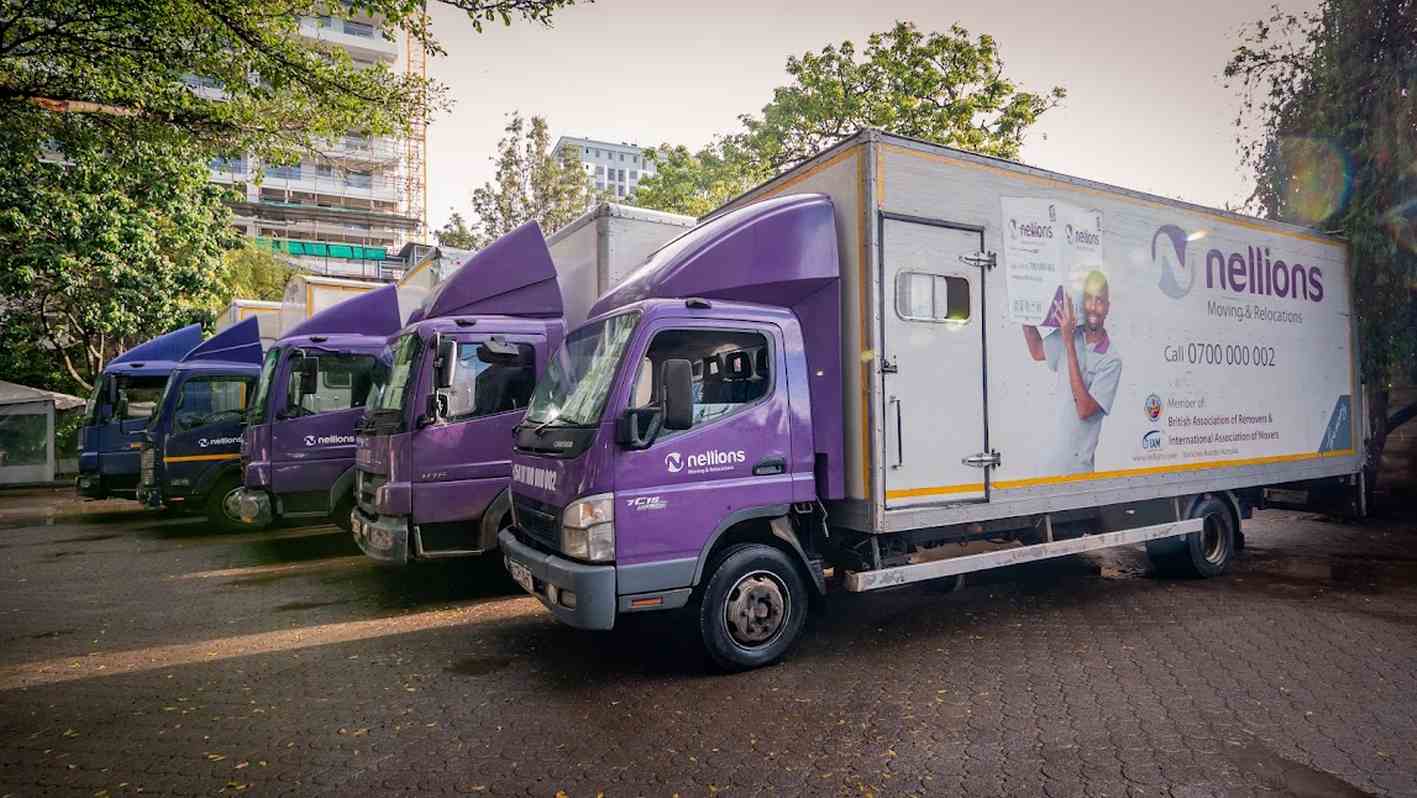
At Nellions, we carefully plan and navigate the logistics of local and international corporate moves to ensure a smooth, efficient, and stress-free transition. We offer tailored solutions to meet your moving needs, from secure packing and transportation to expert handling of delicate items and machinery. You need a reliable partner who can provide knowledgeable support and high-quality service as we approach another year of significant changes.
With Nellions, you can focus on enjoying your new corporate adventures in Kenya while we care for the rest.
Give us a call at +254700000002 or contact us at move@nellions.co.ke and let us help you with your move.







